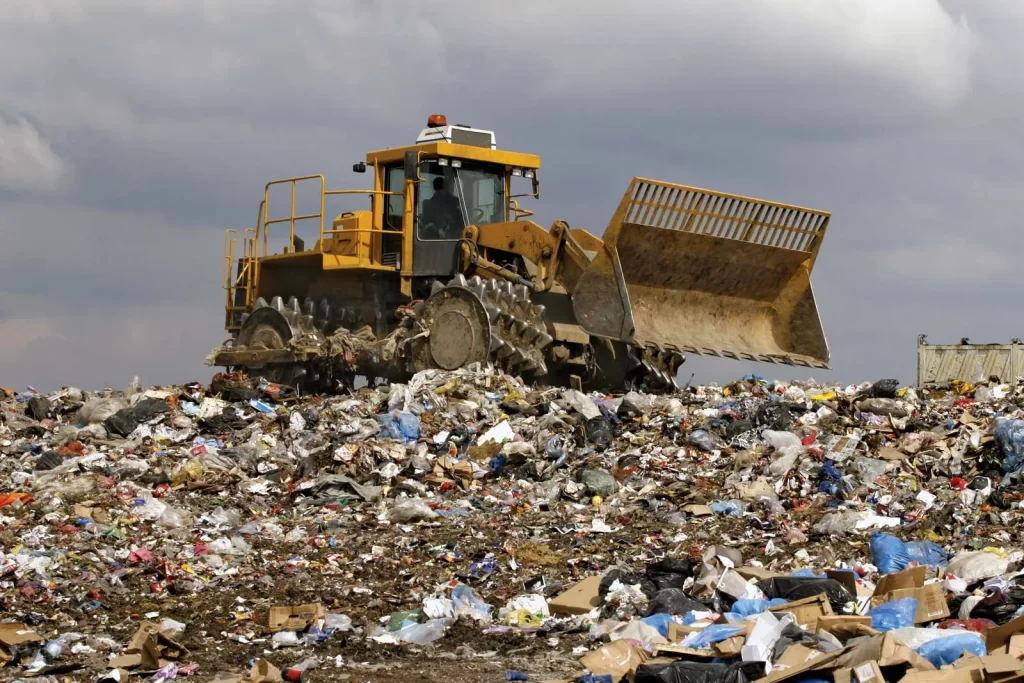In a world increasingly aware of environmental challenges, the demand for sustainable and eco-friendly solutions has become more pressing than ever. As we stand at the intersection of innovation and environmental consciousness, waste management services are taking center stage, offering a glimpse into the future with tomorrow’s legacy unfolding today. Traditional waste management has long been associated with landfills and incineration, causing detrimental impacts on our ecosystems. Recognizing the urgency of addressing these issues, a wave of eco-friendly waste management services has emerged, reshaping the industry and paving the way for a more sustainable tomorrow. One key player in this transformative movement is the integration of recycling technologies that prioritize the reduction, reuse, and recycling of waste materials. Advanced sorting systems, artificial intelligence, and robotic technologies have enabled waste management facilities to efficiently sort through various materials, ensuring that recyclables are extracted and diverted from landfills. This not only minimizes the environmental footprint but also conserves valuable resources by reintroducing them into the production cycle.

Beyond recycling, innovative waste-to-energy solutions are revolutionizing the landscape of waste management. Utilizing cutting-edge technologies such as anaerobic digestion and thermal treatment, these services convert organic waste into clean energy. This not only provides an alternative to conventional fossil fuels but also mitigates the release of harmful greenhouse gases associated with organic waste decomposition. Tomorrow’s legacy is, therefore, a world where waste becomes a valuable resource, contributing to a circular economy that prioritizes sustainability. Local waste management companies and education play pivotal roles in the success of eco-friendly waste management services. As public awareness grows, individuals are becoming more conscientious about their waste disposal habits. Service providers are actively involved in outreach programs, educating communities about the importance of waste reduction, segregation, and responsible disposal. By fostering a sense of environmental stewardship, these initiatives contribute to the long-term sustainability of waste management practices. The integration of smart technologies further enhances the efficiency of eco-friendly waste management services. Sensor-equipped bins, GPS tracking systems, and data analytics enable real-time monitoring and optimization of waste collection routes.
This not only reduces operational costs but also minimizes the environmental impact of transportation, contributing to a more sustainable and resource-efficient waste management system. In the pursuit of tomorrow’s legacy, partnerships between governments, businesses, and communities are crucial. Governments can implement and enforce policies that promote sustainable waste management practices, while businesses can invest in eco-friendly technologies and practices. Community involvement ensures that the transition to more sustainable waste management is a collective effort, fostering a sense of responsibility and pride in preserving the environment for future generations. In conclusion, tomorrow’s legacy is being shaped today through the evolution of eco-friendly waste management services. The integration of recycling technologies, waste-to-energy solutions, community engagement, and smart technologies is transforming the industry, offering a blueprint for a more sustainable future. As we embrace these innovations, we are not only addressing the immediate challenges of waste management but also leaving behind a positive and lasting impact on the environment for generations to come.



 Lincoln Repair Service prides itself on its team of highly skilled and certified technicians who specialize in servicing Lincoln vehicles. These technicians possess an in-depth understanding of the brand’s technology, engineering, and craftsmanship, making them uniquely qualified to address any maintenance or repair needs. Whether it is routine maintenance like oil changes and tire rotations or more complex repairs involving the vehicle’s advanced systems, Lincoln Repair Service has the expertise to handle it all.
Lincoln Repair Service prides itself on its team of highly skilled and certified technicians who specialize in servicing Lincoln vehicles. These technicians possess an in-depth understanding of the brand’s technology, engineering, and craftsmanship, making them uniquely qualified to address any maintenance or repair needs. Whether it is routine maintenance like oil changes and tire rotations or more complex repairs involving the vehicle’s advanced systems, Lincoln Repair Service has the expertise to handle it all.